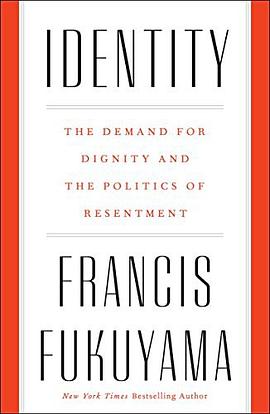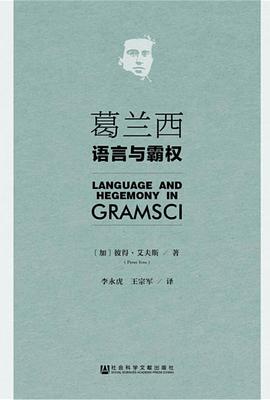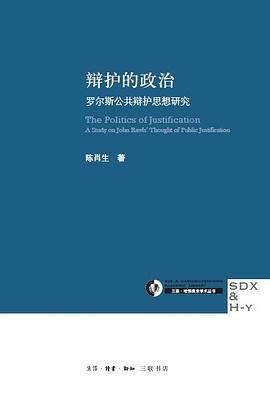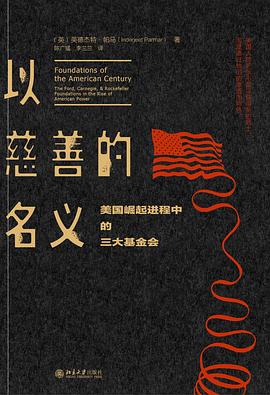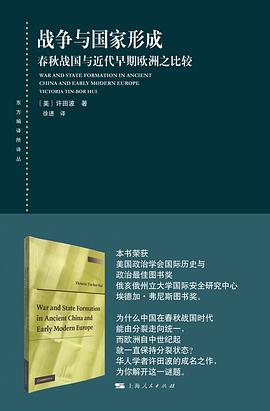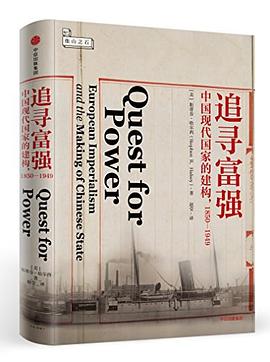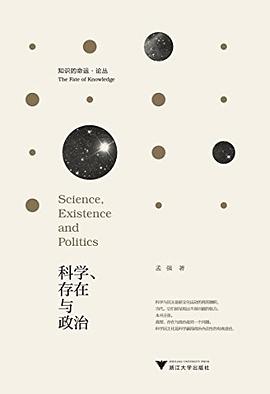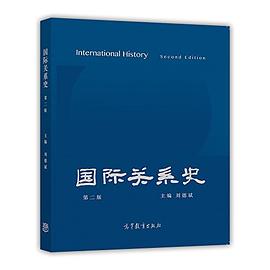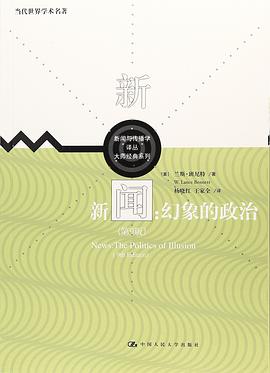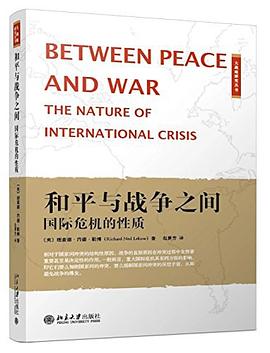
具体描述
Francis Fukuyama is the Olivier Nomellini Senior Fellow at Stanford University’s Freeman Spogli Institute for International Studies. He has previously taught at the Paul H. Nitze School of Advanced International Studies at Johns Hopkins University and at the George Mason University School of Public Policy. Fukuyama was a researcher at the RAND Corporation and served as the deputy director for the State Department’s policy planning staff. He is the author of Political Order and Political Decay, The Origins of Political Order, The End of History and the Last Man, Trust, and America at the Crossroads: Democracy, Power, and the Neoconservative Legacy. He lives with his wife in California.
The New York Times bestselling author of The Origins of Political Order offers a provocative examination of modern identity politics: its origins, its effects, and what it means for domestic and international affairs of state
In 2014, Francis Fukuyama wrote that American institutions were in decay, as the state was progressively captured by powerful interest groups. Two years later, his predictions were borne out by the rise to power of a series of political outsiders whose economic nationalism and authoritarian tendencies threatened to destabilize the entire international order. These populist nationalists seek direct charismatic connection to “the people,” who are usually defined in narrow identity terms that offer an irresistible call to an in-group and exclude large parts of the population as a whole.
Demand for recognition of one’s identity is a master concept that unifies much of what is going on in world politics today. The universal recognition on which liberal democracy is based has been increasingly challenged by narrower forms of recognition based on nation, religion, sect, race, ethnicity, or gender, which have resulted in anti-immigrant populism, the upsurge of politicized Islam, the fractious “identity liberalism” of college campuses, and the emergence of white nationalism. Populist nationalism, said to be rooted in economic motivation, actually springs from the demand for recognition and therefore cannot simply be satisfied by economic means. The demand for identity cannot be transcended; we must begin to shape identity in a way that supports rather than undermines democracy.
Identity is an urgent and necessary book―a sharp warning that unless we forge a universal understanding of human dignity, we will doom ourselves to continuing conflict.
用户评价
##起初想看这本书以为是在讲女性的身份认同(我这个脑回路有点清奇,一个男人写的怎么可能?),在繁体的暴击下和同学们的鼓励下,我终于忍着福山那股子精英味儿给看完了,哦,是在写移民、种族主义问题。行吧,也许在福山眼里,全世界的女性都平等的占据着半边天吧,所以她们没...
评分##前面追溯关于“身份”的承认和激情的观念史渊源比较有意思。 福山的解决思路十分简单,实际上是通过公民身份建构和宪政原则认同的统一性基础之上再谈民族、宗教等文化身份认同(也包括先天性的如种族和性取向认同),一方面仍然维护文化多元主义在社会多样性上的积极价值,一方...
评分##为探讨身份政治(Identity Politics),福山梳理从柏拉图 、卢梭、康德、黑格尔、尼采等(思想史),梳理西方社会的历史沿袭(社会史)。福山对identity做了灵魂-心理分析和政治学双重意义上阐释性定义,身份政治是黑格尔意义上人类历史驱动的产物,在西方完成民主化之后因为贫富分化、移民、难民等问题产生的新社会运动。身份政治有两个层面,一者是个体层面为获得尊严(dignity)而争取外部社会对其真实自我的认同,反对社会压制,一者是群体层面(如民族、同性恋、性少数)为获得群体性承认的运动。除了学理分析,福山对2010s的全球政治保持高度关注,其个人视野的政治描述和分析,能够帮助分析当下的国际社会新状况,在书末开出的“药方”(针对中国、欧盟等)可做进一步探讨
评分 评分 评分我们终其一生都在问一个关于“我是谁”的问题。 家人说:“你是你爸的儿子,你爷爷的孙子,你要给咱家传宗接代。” 宗教说:“你是上帝的儿子,你的使命是在人间传福音。” 资本家说:“你是流水线上的齿轮,是我发家致富的人口红利。” 马克思说:“你是先进的无产阶级,要起...
评分 评分##2022年1月,北京万圣书园的月榜单上又见福山新作。 在我们的语境下,福山似乎一直是一个不太招人喜欢的作家。也许是福山这个名字被一篇历史的终结而广泛的标签化,也许是我们对于美国中心游戏规则的天然抵触,也许是“蝙福”论过于朗朗上口,福山身上一直背负着一个“偏颇的、...
评分相关图书
本站所有内容均为互联网搜索引擎提供的公开搜索信息,本站不存储任何数据与内容,任何内容与数据均与本站无关,如有需要请联系相关搜索引擎包括但不限于百度,google,bing,sogou 等
© 2025 book.coffeedeals.club All Rights Reserved. 静流书站 版权所有

